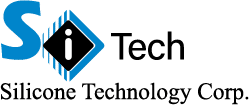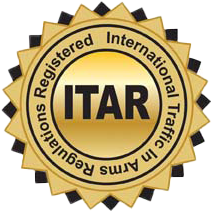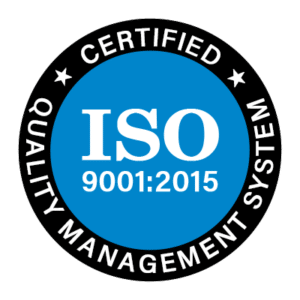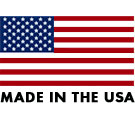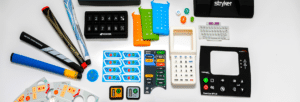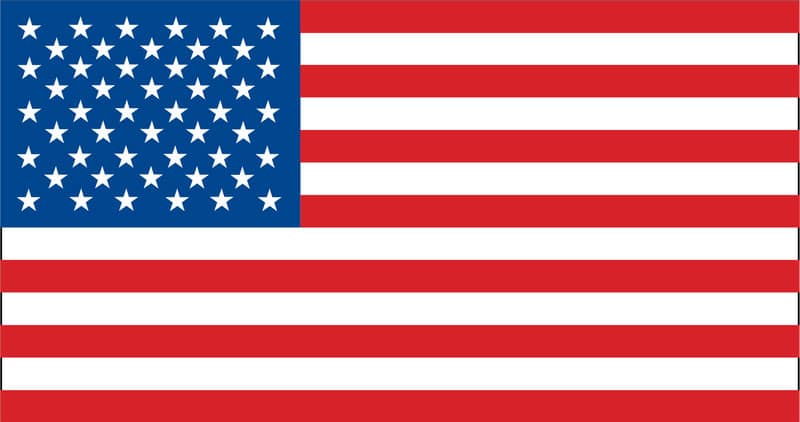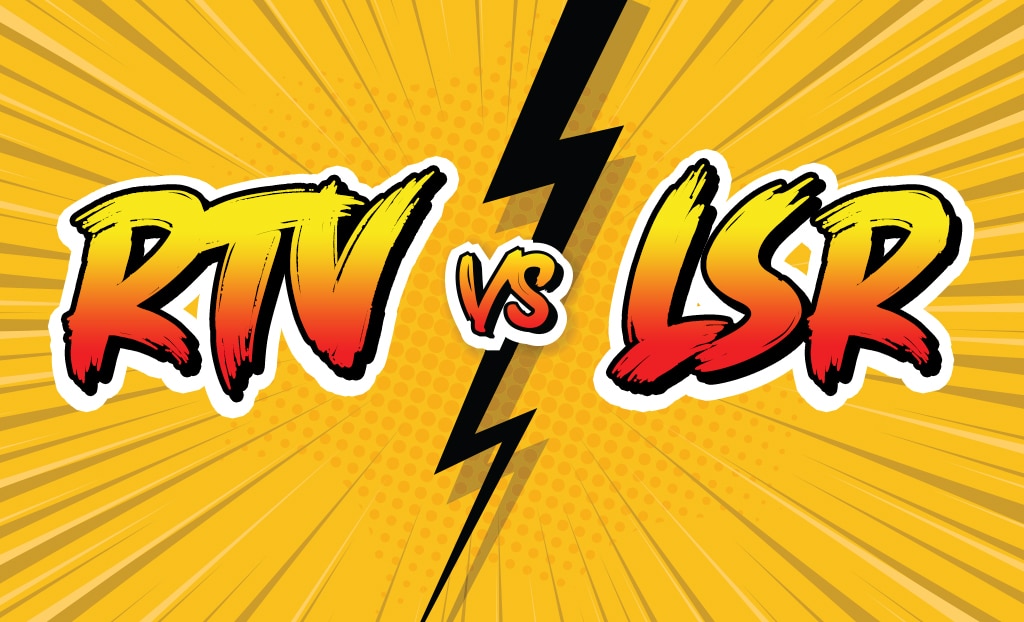
Understanding the Difference Between RTV and LSR Silicone in Manufacturing
Silicone is a versatile material used in a wide variety of industries, from automotive and medical to consumer electronics and aerospace. Regarding manufacturing silicone parts, two common types of silicone are RTV (Room Temperature Vulcanized) Silicone and LSR (Liquid Silicone Rubber). While both materials offer unique advantages, their differences suit different applications and manufacturing processes. Below, we’ll explore the key differences between RTV and LSR silicone to help you determine which one is best for your project.
What Is RTV Silicone?
RTV (Room Temperature Vulcanized) Silicone is a type of silicone rubber that cures at room temperature. It typically comes in two forms: one-component (RTV-1) and two-component (RTV-2) systems. RTV silicones are widely used for applications like sealing, molding, and prototyping due to their ease of use and flexibility.
Key Characteristics of RTV Silicone:
- Cures at Room Temperature: No need for heat curing, making it ideal for quick prototyping and low-volume production.
- Flexible Curing Options: Available in one-component and two-component systems.
- Wide Range of Shore Hardness: Can be customized to achieve different levels of hardness.
- High Tear Resistance: Ideal for creating molds for casting resins, waxes, and other materials.
- Excellent Adhesion: RTV silicone can bond well to various substrates when used with the appropriate primer.
Common Applications for RTV Silicone:
- Mold Making: RTV silicone is popular for creating flexible molds for casting.
- Sealing and Gasketing: Used in automotive, construction, and industrial applications.
- Prototyping: Ideal for creating singular prototypes using cast molds.
While RTV silicone is easy to use and requires minimal equipment, it is best suited for one-off prototypes and manual processes. However, RTV can be time-consuming and prone to inconsistencies, especially for complex parts.
What Is LSR Silicone?
LSR (Liquid Silicone Rubber) is a type of silicone rubber that is processed in a liquid state and cured using heat. It is commonly used in both low-volume and high-volume production due to its versatility and ability to be molded through Liquid Injection Molding (LIM) processes.
Key Characteristics of LSR Silicone:
- Heat-Cured: Requires high temperatures to cure, typically in a molding machine.
- Highly Automated Process: Suitable for large-scale production, but also efficient for low-volume runs.
- Consistent Quality: Provides uniform parts with tight tolerances.
- Wide Temperature Range: Retains flexibility and performance in extreme temperatures, from -60°C to 250°C (-76°F to 482°F).
- Biocompatible: Meets medical-grade standards, making it suitable for healthcare applications.
Common Applications for LSR Silicone:
- Medical Devices: LSR is often used to manufacture components like seals, gaskets, and keypads for medical devices.
- Automotive Parts: Due to its durability and temperature resistance, LSR is used for various automotive components.
- Consumer Electronics: LSR is used to create durable, flexible, and waterproof components for electronics.
- Custom Silicone Keypads: At SiTech, we specialize in using LSR for creating custom silicone keypads and components through our liquid injection molding process.
At SiTech, we even use LSR for low-volume production by creating rapid prototype tools out of aluminum. This approach allows us to mold parts quickly, with consistent quality and minimal error, producing parts in minutes once the mold is completed. This makes LSR an efficient and reliable solution across all production scales.
Key Differences Between RTV and LSR Silicone
| Characteristic | RTV Silicone | LSR Silicone |
| Curing Method | Room temperature (ambient) | Heat curing (injection molding) |
| Processing Method | Manual | Automated |
| Production Volume | Singular prototypes | Low to high |
| Applications | Mold making, sealing, prototyping | Medical devices, automotive parts, keypads |
| Consistency | Can vary based on application method | Highly consistent with tight tolerances |
| Durability | Suitable for general use | Designed for extreme environments |
| Biocompatibility | Limited | High (medical-grade options available) |
Which One Should You Use?
Choosing between RTV and LSR silicone depends on your project requirements. Here are some guidelines to help you decide:
Choose RTV Silicone if:
- You need to create flexible molds for casting materials like resins or waxes.
- Your project involves one-off prototypes or simple applications.
- You prefer a material that cures at room temperature without additional equipment.
Choose LSR Silicone if:
- You require low to high-volume production with consistent quality.
- Your parts need to withstand extreme temperatures and harsh environments.
- You need biocompatible materials for medical or food-grade applications.
- You want a faster prototyping process using rapid tools made from aluminum.
Why SiTech Uses LSR Silicone
At SiTech, we specialize in manufacturing custom silicone keypads and components using Liquid Injection Molding (LIM) with LSR silicone. Our process allows us to produce high-quality, durable, and customizable parts with tight tolerances. By using LSR, we can ensure consistency across production runs, whether it’s a low-volume prototype or a high-volume order.
Benefits of SiTech’s LSR Process:
- Custom Tooling: We create precise molds for each project.
- Insert Molding Capabilities: Allows for backlighting solutions, conductive inserts, and more.
- Color Matching: We offer custom color matching to ensure brand consistency.
- Decorating Options: Including screen printing and laser marking for added customization.
Final Thoughts
Both RTV and LSR silicones offer unique advantages for different manufacturing needs. RTV silicone is ideal for flexible mold making and singular prototypes, while LSR silicone excels in low to high-volume production and precision manufacturing. At SiTech, our expertise in LSR silicone manufacturing ensures that we deliver high-quality, durable, and customizable silicone components to meet the unique needs of our clients across various industries. Need help choosing the right silicone solution for your project? Contact SiTech today to learn more about our Liquid Injection Molding services and how we can help bring
